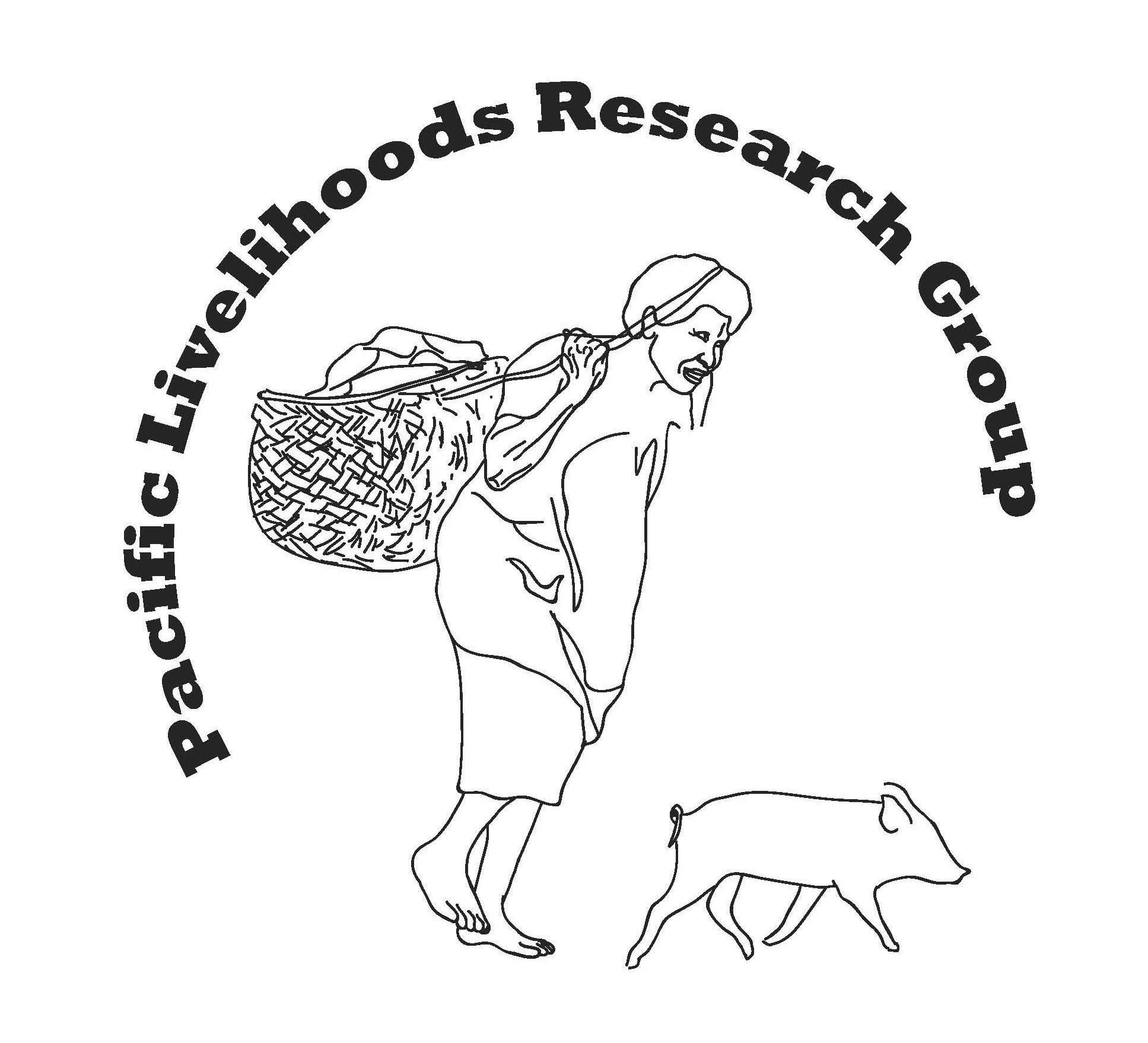
There are winners and losers in the processes of transformation associated with globalisation, modernity and environmental change. The Pacific Livelihoods Research Group seeks to understand these processes and their uneven impacts by focusing on three main areas: land, labour and mobility. In this rapidly changing environment we seek to understand how people are positioned differently, to maintain and enhance livelihood security in relation to control over social and material resources such as access to land, labour and employment opportunities.

Land in most agriculturally-based Pacific societies is more than an economic asset. Land is central to providing food security, cultural and spiritual beliefs, social and ritual activities, social organisation and in creating people’s sense of social identity and belonging. However, as land becomes increasingly commodified through export cash cropping and the production of vegetables for urban markets, traditional values related to land are being eroded and land tenure is becoming more exclusionary to the extent that communally held land is now being ‘sold’ to ‘outsiders’. Our research explores these processes of change with an emphasis on land poor households and women in Papua New Guinea’s largely patrilineal societies.
Similarly, throughout much of the Pacific, notions of labour and labour value are changing as labour becomes increasingly commodified as people move from largely subsistence-orientated lives to market-based production. The old ways of working based on communal values and reciprocity are coming under pressure, particularly along generational lines as younger generations seek to acquire the trappings of modernisation and modern lifestyles. But these changes have also enhanced opportunities for higher incomes through the emergence of an entrepreneurial culture, especially amongst young people. Our research seeks to identify and facilitate opportunities to improve livelihoods, particularly for women, youth and land-poor households who might be disadvantaged by these changes.
Finally, throughout the Pacific, people are leading increasingly mobile lives as they seek new livelihood opportunities. Whilst much of this migration is rural-to-urban, a sizeable proportion is rural-to-rural, from remote and poorly serviced regions with limited livelihood opportunities to agricultural and resource frontier zones – hot spots of economic activity and opportunities. Our research explores the economic and social advantages of this labour migration for both sending and receiving communities, particularly the tensions that can emerge between locals and migrants over land access and competition for jobs. With a strong applied focus and grounded in participatory approaches, we are developing strategies to improve opportunities for both migrants and local customary landowners so that the social and economic benefits are enhanced for both while safeguarding the long-term asset base of receiving communities.
Further Reading
(2017). Koczberski, G., Numbasa, G., Germis, E., and Curry, G. N. Informal land markets in Papua New Guinea. In: McDonnell, S., Allen, M., and Filer, C. (eds) Kastom, Property and Ideology: Land Transformations in Melanesia. Canberra: ANU Press, pp 145–168.
(2015). Koczberski, G., Curry, G. N., and Anjen, J. Changing land tenure and informal land markets in the oil palm frontier regions of Papua New Guinea: The challenge for land reform. In: Curry, G., Koczberski, G., and Connell, J. (eds) Migration, Land and Livelihoods: Creating Alternative Modernities in the Pacific. London: Routledge, pp 67-82.
(2004). Koczberski, G., and Curry, G. N. Divided communities and contested landscapes: Mobility, development and shifting identities in migrant destination sites in Papua New Guinea. Asia Pacific Viewpoint 45(3), pp 357-371.
